
Authority resembles those secret agents dear to Graham Greene who conceal their identity so as not to lose it further during a bad encounter. She still has a few admirers who love her and deploy treasures of ingenuity to define her, redefine her, so that she is understood in her time. To do this, they bring her closer to tradition, to honor, to hierarchy, to natural law... they constantly give her a cane, crutches, a tripod, so that she can still get out of his hiding place and get some fresh air. The words to which they attach authority resemble bandages, cautery, which, in the end, hide it a little more. The disenchantment has been pronounced for a long time and is increasing. Nothing can save authority, everything that it inspires brings to mind old things that we know how to do without. It is of no use. It is of no use.
Authority, in its Latin sense, comes from auctor which means “one who increases”, and from auctoritas , which has “power to impose obedience”. Authority is equated with power, which we forget when separating power and authority. On the other hand, it is a power without power, it does not constrain. Its field of action is born from ethics, knowledge, belief... Because it requires obedience. This is where we begin to stumble over its meaning, because the times do not like obedience. And, as the era no longer appreciates belief, it denigrates authority. It devalues it, it identifies it with cowardly and blind power. She gives him a nickname that has become an implication: authoritarianism . As if to reveal what she hides under her mask of leniency: a brutal, violent and unstable character. It must be unmasked. She must be slandered. Above all, we must no longer understand anything, and what is not understanding anything if not a new form of belief? Authority imposes limits that no one wants anymore, which oblige and prevent us from being what we want. The era believes that it is by being what we desire that we will be what we deserve. Individualism reigns supreme, and unchallenged. No one knows better than you what is good for you. Let’s take it for granted! As it was necessary to ignore limits and hierarchy, the era threw authority aside after having put it on the picket line. Authority catalyzed modernity. She had to be subdued.
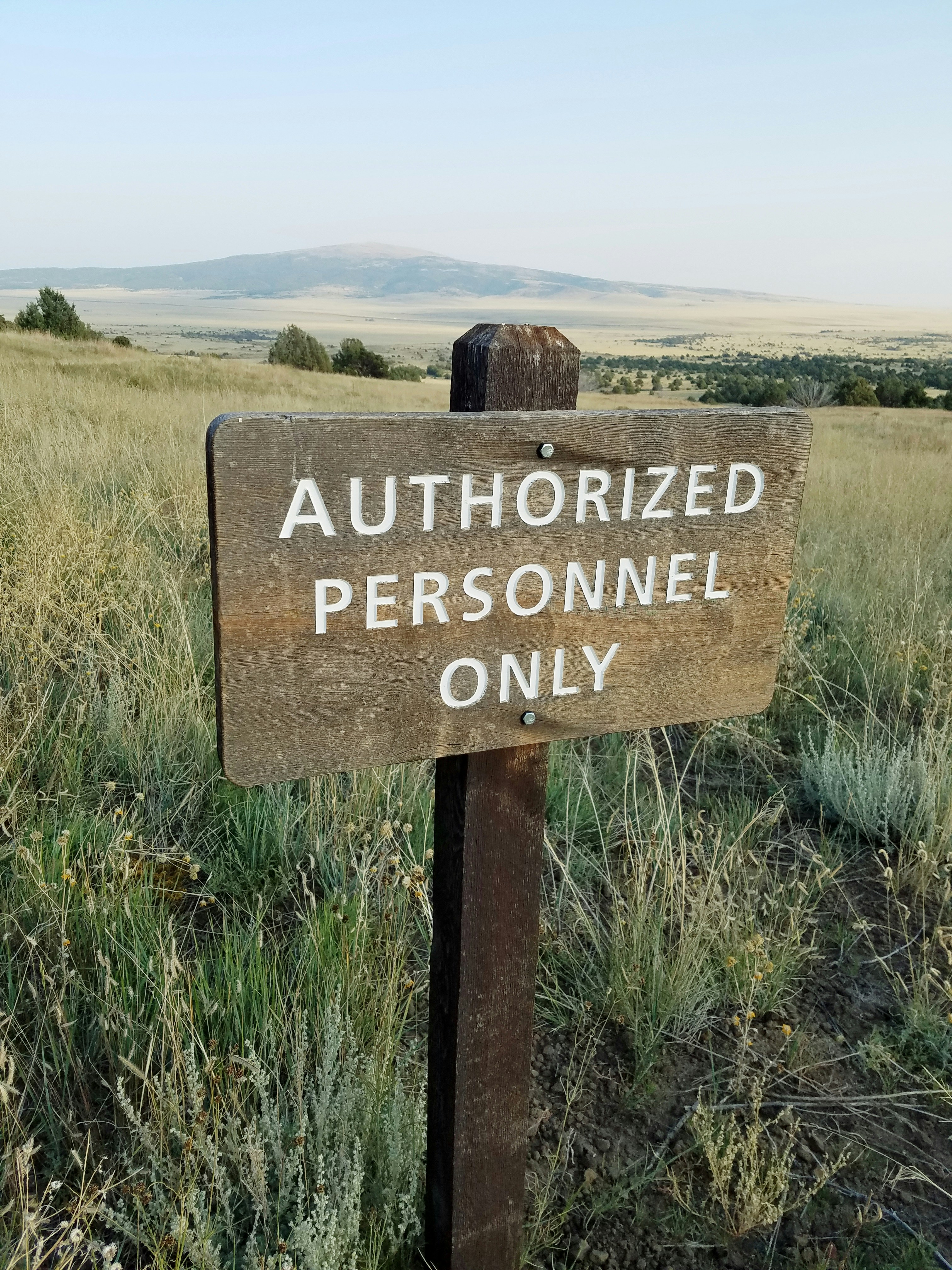
The Crisis of Culture
Hannah Arendt wrote luminous pages on authority. “Since authority always requires obedience, it is often mistaken for a form of power or violence. However, authority excludes the use of external means of coercion; where force is used, authority proper has failed. Authority is incompatible with persuasion which presupposes equality and operates through a process of argumentation. » 1 Authority rests on charity. She gives and she receives. And charity must be present in both parties. In his wonderful book, The Art of Being a Disciple , Father Jérome, monk of the Abbey of Notre-Dame de Sept-Fons, writes: “Do not ask your master to speak in order to say nothing. Ask him about the problems of human destiny and related problems, problems that are still current. And how does he experience them himself? How does he manage to accept them with courage and tranquility? Ask him what he knows with certainty, what is no longer in question for him, what he considers indisputable and immutable. » Authority is love; the true love of the other. Authority is one of the most used words in the New Testament. About Christ who has all authority and all power as Saint Paul will remind us through his famous formula: “Omni potestas a Deo” and who will remind himself: “All power has been given to me in heaven and on earth » 2 All power: all authority and all power. Jesus showed his authority through his preaching which broke with everything that had been heard until then. He has authority – power – over the sick, over demons, but also over nature, through the trees, the sea, and most importantly, over death. Jesus Christ embodies authority and is the model for believers to follow and imitate. But, if Christ has all power over what prevents man from growing and becoming the promise it contains, he does not impose faith on anyone. Authority relies on the freedom and approval of both parties to be fully experienced. Indeed, how many people are touched by the finger of God? How many of them agree to admit that it is the finger of God? How many change their whole life to become this new man of which Saint Paul speaks? And how many continue to wait on the side of the road, even after the meeting, like the “rich young man”? “Who can deny, on the other hand, that the disappearance of practically all traditionally established authorities has been one of the most spectacular characteristics of the modern world? » 1 Authority gives tradition its aura and dignity and tradition is based on authority.
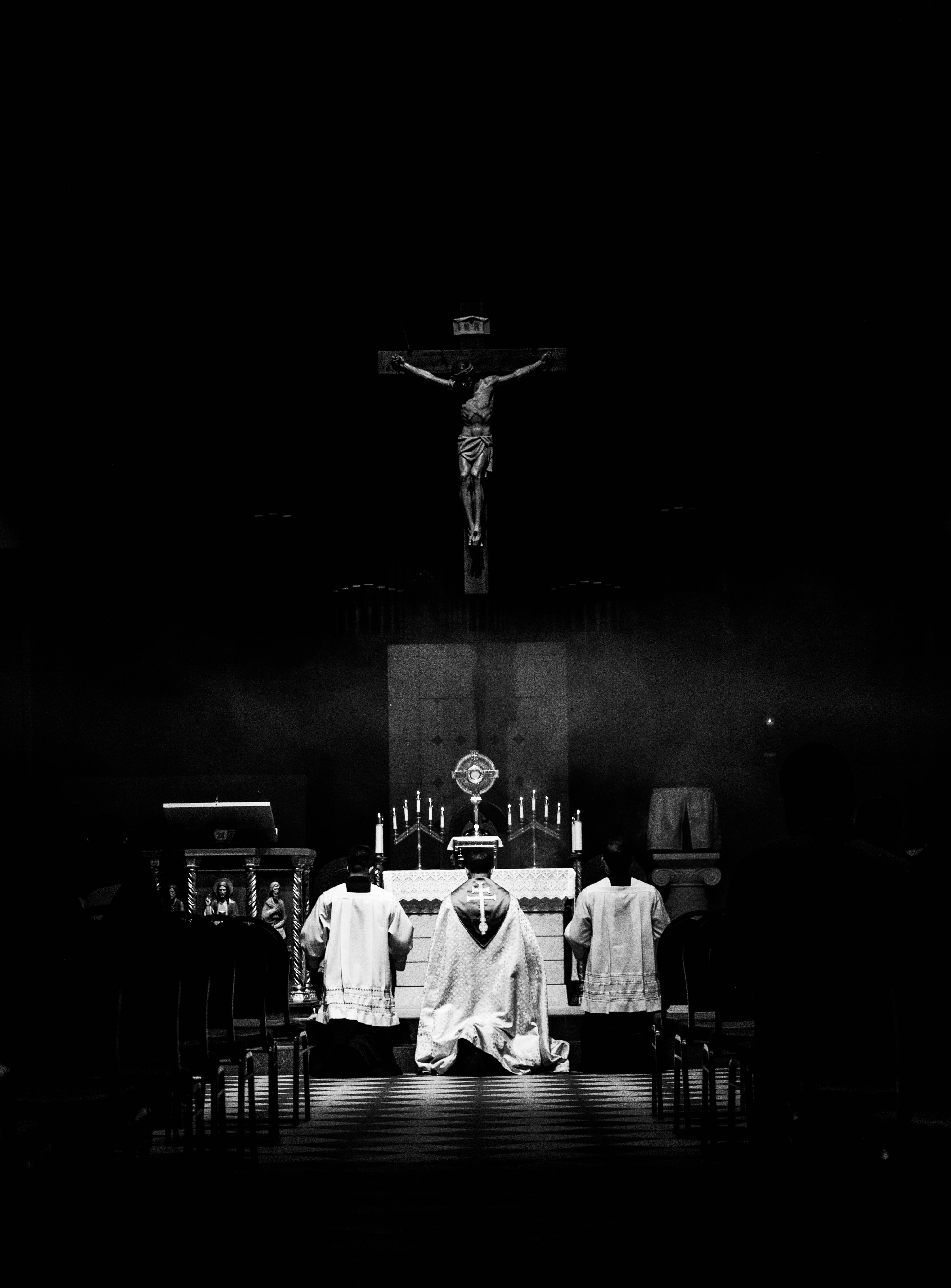
The lost authority
Authority was thus torn away from everywhere. At school, authority was prohibited to allow the child's creative freedom. In the family, she was eliminated in less time than it takes to say it. Pierre Virion 4 underlined the extraordinary sharing of powers which exists between man and woman, the man having the authority and the woman the power, physical and intellectual complementarity, since the man had superior strength. , he had to not use it in the family, when the woman, of weaker constitution, became the depositary of power, she could wield force. The family began its slow decomposition when authority was taken away. Everyone resented the natural authority of the family, it was envious. The State was the first to attack her when it should have protected her. The family sowed all the rules of life: learning habits for building character and maturity of emotions and behavior, understanding the cycle of life, restraint and knowing how to live together, and above all it learned to resist the fluctuations of society and the desire it secretes. The first taste for effort comes from these constraints. Grow and make grow. Authority is ambitious, demanding, it demands respect. Authority is sacred and protects the sacred. She is what she protects. The same goes for tradition. And tradition evolves as soon as we care about it, it is organic. If tradition must be brought to life, it is also tradition that gives life. Because it calls everyone to enter into their geography when some thought they would benefit from it by importing it into their sphere. You have to step outside of yourself to embrace tradition, so it is not possible to monopolize it. No one gives it life or revives it, it takes everyone's life and transforms it, but you have to let yourself be taken in. The fatal weapon that watches over and attacks tradition, and therefore authority, is called forgetting. Memory establishes tradition and establishes it in reality. The important thing in the family is awareness, bringing the child to awareness so that he is autonomous and does not give in to the sirens of envy always ready to manifest for the misfortune of man . The child will absorb an ethic that is more or less shared by the world around him, because this ethic depends on his geography. “We are in danger of forgetting and such forgetting – leaving aside the riches that it could cause us to lose – would humanly mean that we would deprive ourselves of a dimension, the dimension of the depth of human existence. For memory and depth are the same things, or rather depth cannot be reached by man other than through memory .

Ulysses and the quest of the Western man
In the 20th century: two wars both claiming high values (patriotism, freedom, etc.) opened the veins of Europe forever. Man, a reaction animal, is quick to blame authority for all the evil that has just been unleashed. The refusal of the transmission which follows will mark a sort of end of the story. The loss of the desire for God is at the origin of the inexorable decline of Europe. Since then, nothing has been authoritative. There are two kinds of men who refuse authority: those who do not feel up to it and those who deny it its greatness. As Hannah Arendt points out, “The same argument is frequently used regarding authority: if violence serves the same function as authority—namely, making people obey—then violence is authority. » 1 When understanding and accepting authority is love; as an unconditional adhesion for the future. Since the second half of the 20th century, Europe has been the only civilization to fully accept that it is no longer transmitting its history! Worse: to ridicule it and swear to revise everything from A to Z without giving the slightest quarter. The desire for destruction is intense, everything must be razed and never remembered. Europe makes Africa and Asia laugh in secret, but who cares? Europe, in its successive shocks, its revolutions, its chronic instability since the 16th century, is not joking in its desire for self-destruction. Self-disenchantment is complete, and it seems difficult to imagine a turnaround. James Joyce, before writing his Ulysses , explained that the quest of European man fascinated him. And the Irish writer's fascination with Odyssey never wavered. This work crystallized all the tensions and the quest of the European man, ahead of his time, always unsatisfied, with uncertain and unstable desire, with fleeting melancholy, with an insatiable adventurous taste. Clever and reckless like his character, whether he returns from the Trojan War, or walks the streets of Dublin. Imposing his findings on the world and constantly doubting his identity. It will take a long time for Ulysses to regain his sense of self, and his scars will be eternal. Like Europe?

May 68, the permanent revolution
The chasm dug in sixty years is abysmal. In a school notebook of an eleven-year-old student in the 1959-1960 school year, we read the following text written as if in calligraphy: “School develops our intelligence, forms our conscience and our character, and makes of us good men.” Indeed, in 1959, we knew the masculine was entitled to be a neuter. It also read: “We must strive every day to be a little better than the day before. Courage”, or “Go where you want, you will find your conscience there. » And “Good is not always rewarded.” Do it well for its own sake, not for the reward. » Let's end with this one which crowns the whole: “Everything in life is a question of duties. To be faithful to it: that is the honor. Not respecting them: that’s the shame. » None of these precepts is understandable by our young contemporaries today. For this reason, our time calls for “coaches”, experts of all kinds, in order to compensate for the common sense which was so well shared in families. We therefore transmit in hard currency. Because the child could no longer be forced to look up at the parents, the parents didn't really deserve it, and then, who were we to force the child to do what he didn't want? The reaction forced the adult to look down at the child and transformed the child into a king. But children became kings because adults no longer wanted to be. Twenty years ago, a book of dialogue 7 started on the radio brought together Philippe Tesson and Laurent Joffrin. The latter displayed with undisguised satisfaction the advent of horizontal authority, note that he recognized a large part of utopia in this advent. Wasn't this utopia going to create trouble? Joffrin didn't even fear him, lost as he was in his dreams of deconstruction. May 68 disappeared, Joffrin, an integral part of this petty-bourgeois revolution, knew what he dreamed of, and he never stopped dreaming. May 68, a sort of open-air children's garden, had imposed on a society which lacked oxygen that the vanished desire for God had transformed into a sexual desire and that everything would be resolved by lowering one's fly or one's pants, it 'was according to. Compared to Catholicism and its new man, how can we not be sensitive to such an easy offering? Compared to tradition, this new comfort, without limits, rewarded ingratitude. Joffrin wanted to believe in an authority without hierarchy, everything since the 1950s had led, sometimes without real will, often through renunciation, to a destruction of hierarchy, and therefore of authority. Democracy became the nebulous key word. There was always a need for more democracy which would soon rhyme with equality. It was also at this time that words lost their meaning. Oh ! they have not entirely lost their meaning. They just twisted it. Gradually, the meaning of the words was stolen from them, as if they had been devitalized. We were winning on all sides: the word lost its authentic meaning, we could then use it to say something else. It could even be used to say the same thing while meaning something else. Those who have not forgotten their catechism classes know who the prince of confusion is. The same people also know that in the absence of authority, tyranny wins. And they have also known for two thousand years that no other religion than theirs asks them to grow again and again, to emancipate themselves, by putting down roots and launching themselves with great confidence towards the sky. Catholicism has so much to give to our era which continues to bury Antigone and which will soon no longer know her. Tyranny therefore has free rein to introduce itself into everyone's daily life. Thus, it acts, as Philippe Tesson predicted, through Finance and the Market, the only vectors of sacrosanct equality.
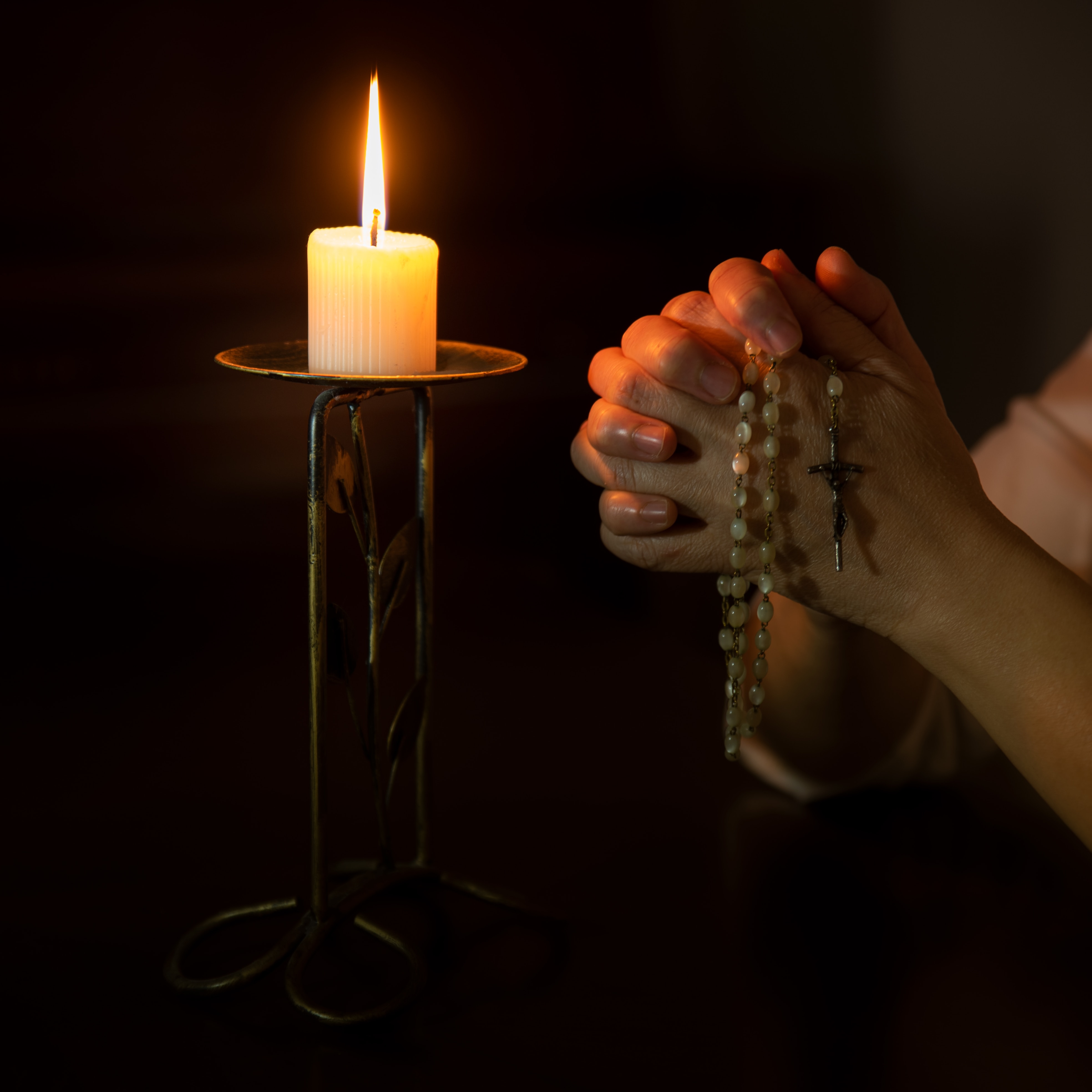
When we forget the law, we make laws!
There are bulwarks of authority, institutions. Among these: the Church. Grow within yourself to pass on. Increase oneself to increase the other. No motto of authority is foreign to the Church. You would even think she invented them. They merge with it. However, the Church, like everything around it, was going to forget its fundamentals by allowing itself to be contaminated. Here too, the word lost its authentic meaning and could mean something other than what it meant. However, it had prepared for a case like this from its origins by establishing Latin as an official language in particular. She thus thought she could say her teaching without its meaning evolving. The time of frontal heresies seemed far away and it is perhaps for this reason that, tired of war, the Church let down its guard and allowed itself to be contaminated. As usual, the attack came from within. Vatican II marked a rupture without marking a rupture, as it should since the word rupture no longer meant what it had always meant. The structures, as elsewhere, had been shattered or they had become liquid, which in a sense amounted to the same thing. “The clear is replaced by the obscure which we are constantly obliged to “interpret”, the true by the vague. We used to talk about “dogmatic progress”. Vatican II and the new liturgy invented a new magisterial mode, dogmatic regression. » 8 So the Church continued to bleed and lose troops, both faithful and priests, 9 and while its reforms had in no way slowed down or reversed this bleeding, enlightened minds demanded ever more reforms. The disease of reforms hit the Church head on. When we forget the law, we make laws! Authority had deserted the Church which suffered from the same illnesses as the time when it was supposed to guide it and give it meaning. “And do not be conformed to this age, but be transformed by the renewing of the Spirit, that you may prove that it is the will of God, that which is good, that which is pleasing to him, that which is perfect . » 10 The Church knew that it was not necessary to build on sand. She had known for two thousand years that she had an incontestable ace up her sleeve: she relied on her authoritative tradition which she knew she could not sell out. She sold it. A little. Because everything became a little bit by wanting to be everything. Head over heels, the Church attempted its revolution, to show that it was not being done to it, that it was also capable of saying things of its time, of speaking as equals, of not appearing stupid and grumpy in salons, to make yourself look beautiful... Yet another reaction, yet another reaction, facing the world which flexed its muscles, adopting the postures of the world. We no longer knew which saints to devote ourselves to. We no longer understood much of what we were saying or else we misunderstood it since the words themselves had become detached from their meaning. And now they were looking at each other... Moreover, we should have gone back to basics, but we continued to head forward. Europe was entering this period where everything new was good, where only what was new was good. The United States was not left out. So what's the point of old things like the Church? Instead of discussing the world and its shortcomings, we discussed with the world as with a friend at a bistro. We had to learn from everyone, we thought, even from fishermen, had not Christ come for them? The kerygma! Kerygma, not morality! We shouted from the rooftops as if to convince ourselves that we were doing the right thing. It’s the kerygma that counts! Obviously, the crowds were no longer in procession, because there were no more processions. And the crowds deserted the churches too... In short, we dreamed of the kerygma as of a great evening! We no longer showed God, but we would encounter him everywhere. But the kerygma imposed something that was more or less said: conversion. This was not a simple announcement, it was a life-changing, compelling announcement. Furthermore, we omitted the hierarchy to settle for blissful smiles. “Come, follow me!” » is in no way similar to: “Shall we have a drink together?” » rather to the immediate obedience dear to Saint Benedict. To speak like this, one had to put on the armor of authority, and by a marvelous contagion, by putting on the armor, one became the authority. Authority loves nothing more than to be incarnate. She does not take herself for someone else, she becomes that other. False authorities can seduce, but they never achieve this transfiguration. False authorities, heresies since they must be called by their names, remain idols of a moment, they do not metamorphose, they seduce or persuade. And, they want to choose, it’s their great chagrin. They want to choose what they want to believe. The era, again! We want to believe, but we will decide how and in what we believe. A fundamental precept was missing from this Church, it was not enough to encounter the Lord, even to feel an emotion, in an age of feeling and individualism, but to become aware. Christ did not come to put a “patch” to stop smoking or to resolve to behave better, he came to deprogram us from everything we believe and promise us a new humanity, new humanity, real humanity! When the announcement was made, awareness was missing. We were witnessing the advent of “ideas in the air, ideas suspended in the air” as Claude Tresmontant aptly puts it. These ideas in the air represented an unprecedented pollution, because how can we take root with words that have lost their meaning?
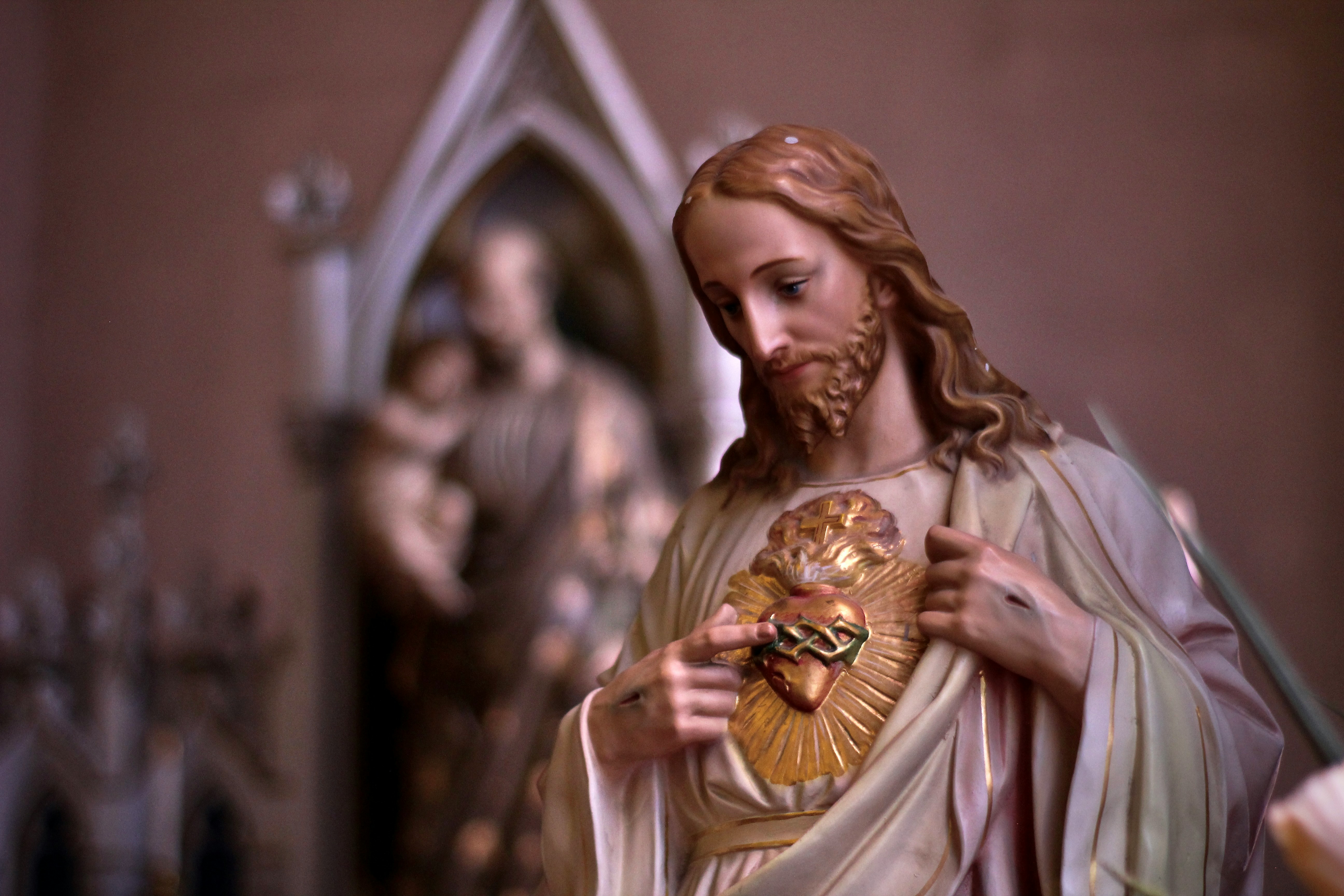
Can the Church of Christ live without authority?
Christ sacrificed himself for man who must, in turn, sacrifice himself for him. Sacrifice oneself, that is to say, sacrifice one's feelings, sacrifice one's emotions, sacrifice everything or almost everything one loves on earth, to aspire to live higher, to be this new man that Saint Paul teaches to become in his letters. The encounter and then the sacrifice, because the desire for God overlooks and dominates, when the small desires, as delicious as they are, prevent metamorphosis. “The answer lies in the way in which God reveals himself in the Bible: as the one who loves first and who teaches us to love in return so as to be capable, like him, of taking the initiative to love. » 12 This is the act of God's power. There we find the necessary delicacy, the useful abandonment, the obedience offered. “Because the man of the world wants to change his place, his destiny, his idols, and change them perpetually, the friend of God must remain and hold in the place where God has placed him. Indeed, between the friends of God and the world, there is antithesis and rupture. What one chooses, the other rejects. Otherwise, there would no longer be two camps, but only one: the world. » 13 In the Rule of Saint Augustine: “Have one soul and one heart, stretched out towards God. » When we love God, we become disciples of God by wishing to know him and please him ever more. Authority does not act alone, it edifies, but without freedom it is nothing or half. What Philippe Tesson sensed during his discussion with Laurent Joffrin can be summed up in one word: desire. The entire New Testament is medicine for envy. All the words of Jesus inoculate against envy. Philippe Tesson, faithful in intuition, felt that the end of authority would mark the advent of a catastrophe. Thus, at the same time, to embrace the world, the bride of Christ instituted an internal confrontation between dogma and pastoral. She thought she would benefit from it. The popular saying, another form of authority, popular authority one might say, implored one not to compare, "comparison is not reason", because he knew from sapience that comparison inspired envy. There is no point in opposing dogma and pastoral care, because dogma includes, provokes and requires pastoral care. All these initiatives often take on the attitude that Dom Guéranger envisaged as means of “ believing a little less” 14 Making the yoke a little easier? It is already done and promised by Christ. No need to add more. The modern Church thus wanted to oppose complementary concepts. Saint Jerome declared: “Jesus Christ acts here like the doctor placed in front of a patient who behaves contrary to all his prescriptions? In truth, he said to him, how long will I come to waste my time and the industry of my art in your house, where I order one thing, and where you never fail to do another? And when, then, you come to blame others for the continuation of your illness, is that not leaving you there forever? Generation devoid of faith and common sense, how long will I be among you and suffer you? » 15 Benedict XVI, prophet, summed up the current situation in 1969 in a few concise words: “Soon, we will have priests reduced to the role of social workers and the message of faith reduced to a political vision. Everything will seem lost, but at the right moment, only in the most dramatic phase of the crisis, the Church will be reborn. From the current crisis will emerge “the Church of tomorrow — a Church which will have lost much. It will be small and will almost have to start from scratch. It will no longer be able to fill all the buildings constructed during its prosperous period. As the number of faithful diminishes, it will lose many of its privileges. Unlike a previous period, the Church will truly be seen as a society of voluntary people, which we integrate freely and by choice. As a small society, it will have to call on the initiative of its members much more often.” 16
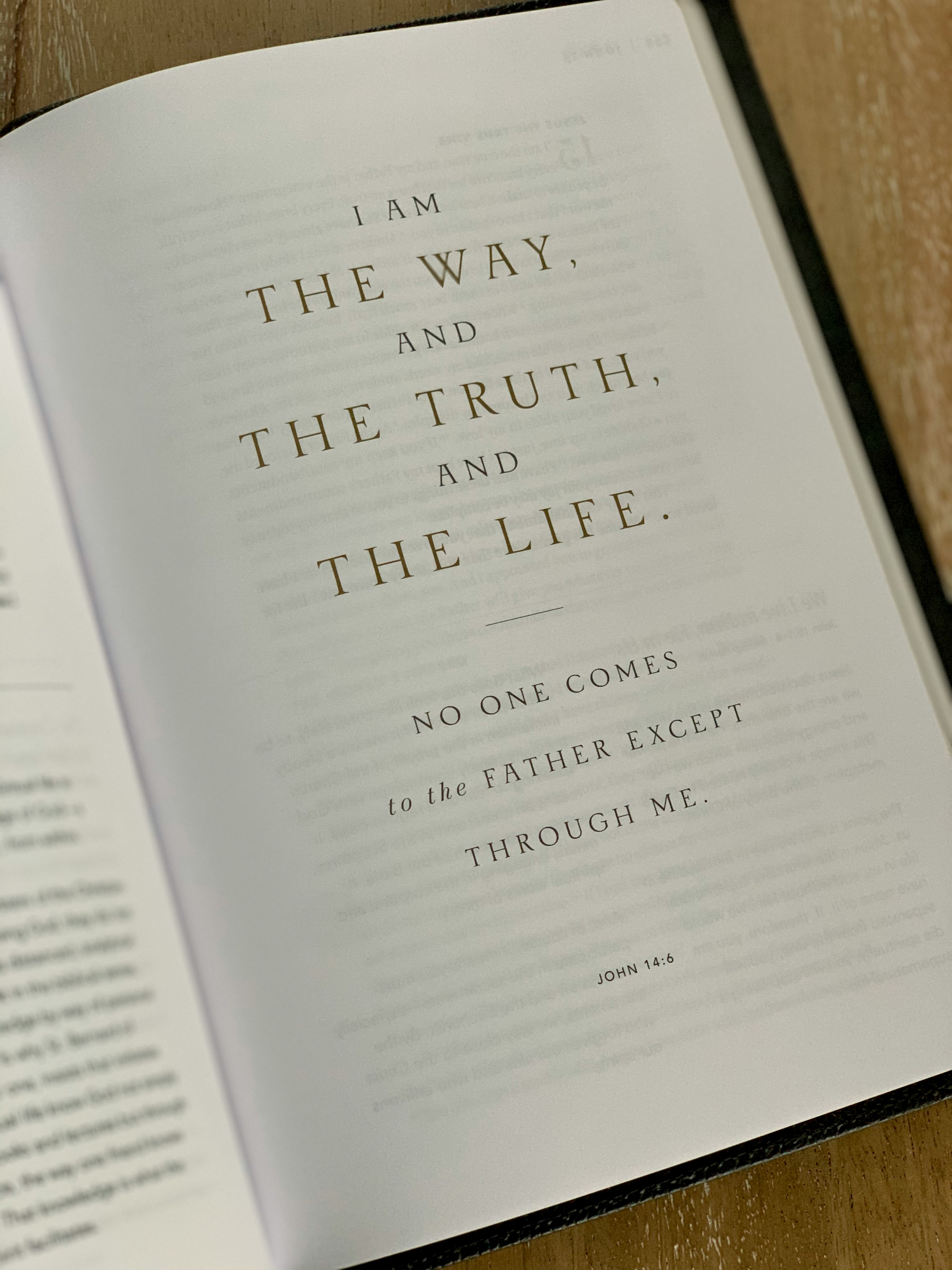
Rediscover the sense of hierarchy
Hierarchy, along with authority, became the most maligned thing there was. In some time, if it has not already happened, we will prefer tyranny, which has its own little music, which beguiles and cajoles. Freedom continues to decline in the hearts of men. France, which had raised the flag of freedom high in its history, and which had spread it throughout the world, has lowered it to half-mast. Under the blows of relativism, the Church continues to move backwards; it can no longer lean on the message of Christ since it keeps it before it like a shield. He is so much more. He is “the truth, the way, the life” when she only uses him to protect her life. “Whoever loses his life for my sake and for the gospel will save it. » 17 All these fault lines often created by clerics must be overcome. No dogma exists without pastoral care, dogma has included pastoral care since the dawn of time, it is even, in a certain way, the application of pastoral care. This differentiation exists in the orthodox religion which attempts to probe the kidneys and hearts and requires a “practice” of dogma. Previously, when a young child approached a table where delicate objects were located, he was taught, by repeating “in good time, in good time” not to approach it and not to touch it. . To curb his desires in some way. In contemporary education, objects are placed high up so that they are unreachable. We no longer learn. And, we deprive ourselves of meaning by doing so. It is the same for many subjects where authority does not preside: such as the assimilation criticized today which has always included integration. Every Frenchman knows this deep in his heart. When we became French, we became Catholic and Roman. You no longer have to believe in one or the other to want to integrate. Knowing that integration will create multiculturalism which will give communitarianism. Integration means loving others without authority. Having no desire to help him grow through the provision of a new culture, not wanting to share anything with him, and not wanting to know anything about him. The creation of social envy. “Console yourself, you wouldn’t be looking for me if you hadn’t found me. » 18 Authority is reborn from the love we have for it. Like tradition. Moreover, by reconnecting with tradition, we reconnect with authority. Prayer provides priority access. The prayer that settles you far from the noise of the world. Prayer and the sense of the sacred. More majorum as the legionnaires repeat before a fight or taking up arms. To wish to place, maintain and commemorate the glory of the ancients. Find yourself worthy of it and, thereby, honor it.
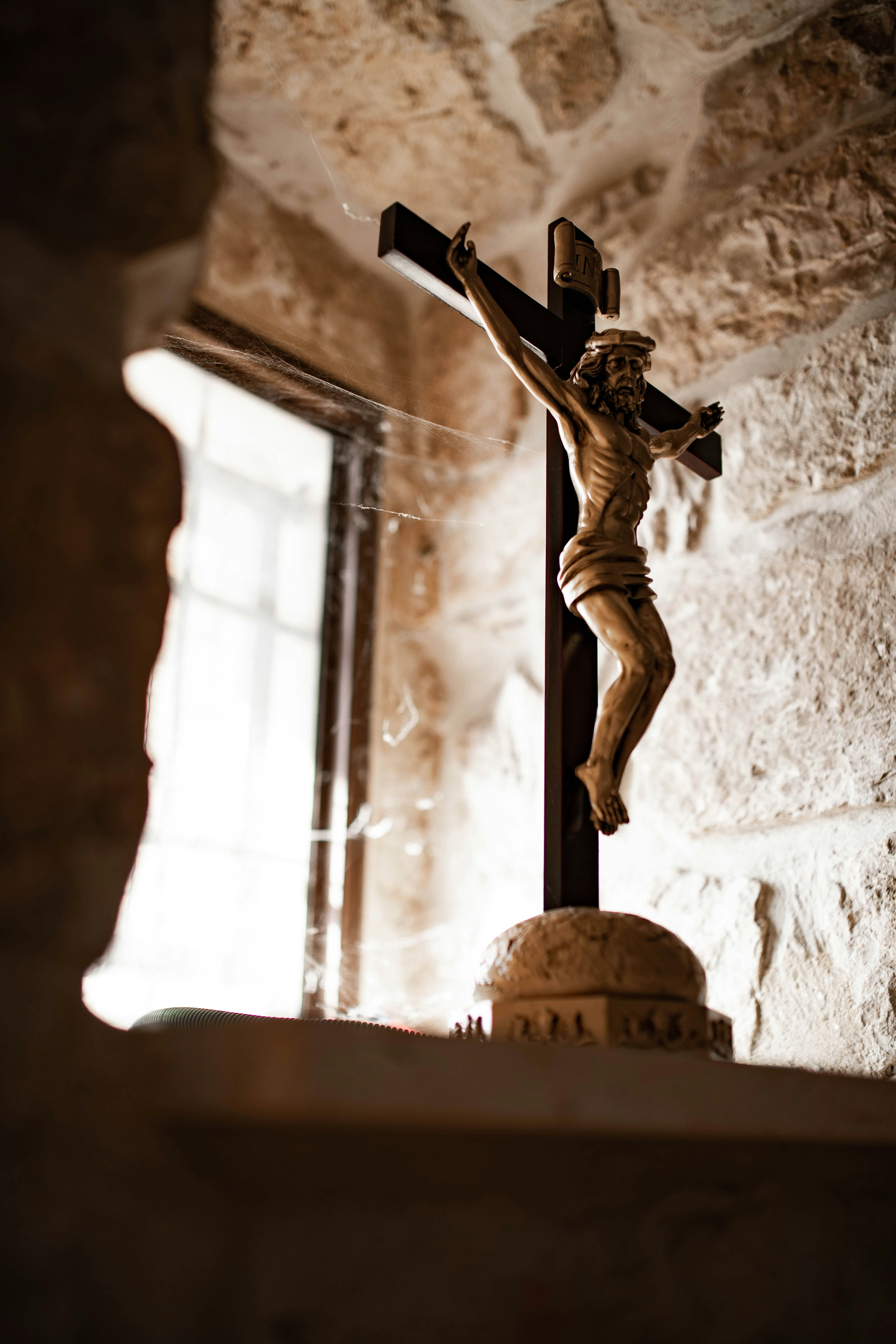
If the priest knew...
In a fascinating article, Monsignor David Macaire wrote 19 : “The works of the human spirit, when they do not fear God, prove to be terrible masters. By making the Good God, His servants, His liturgy and even His Name disappear, our society based on humanism, science, politics and economics has gone astray. Far from liberating Man, it blinded him, enslaved him, then bewitched him. » And the Archbishop of Saint-Pierre and Fort-de-France explained in this article that the world was changing, that we had gone from greater comfort to greater comfort, but that harder times were coming. He recounted this anecdote found on the Internet: “‘My grandfather walked 16 km, my father walked 8, I drive a Cadillac, my son is in a Mercedes and my grandson will be in a Ferrari… but my great-grand- son will walk again.” I believe - the Dominican continued - that difficult times have returned... This is good news in some ways: our grandsons will walk again, they will be poorer, but they will be more worthy of their fathers! There will be warriors in the world and martyrs in the Church, Holy Week prepares us for it! ". But we must rediscover the memory, the thread of our history. The Gospel of Saint John promised the Holy Spirit to remember the words of Christ. Saint Augustine declared: “Sedis animi est in memoria” (the seat of the mind is in memory). This is also what the late Abbot Gordien wrote in his spiritual testament 20 distributed on March 20, 2022 to the audience during his requiem mass: “The priest must be first and fundamentally on the side of God. This means that he must spend time in the presence of the Lord to be with Him. » Relying on the holy Curé of Ars, he repeated after him: “If the priest knew what he was, he would die. » Far from the speeches which make priests feel guilty for what they are, or for what they are not. Far from the quarrels over clericalism or anticlericalism... Abbot Gordien recalled the beautiful speech of Benedict XVI which linked freedom and obedience, because "the will of God is not tyrannical, outside our being, but it is “creative will”” 21 where the priest finds his identity. We must therefore not fear obedience which remains the most orderly way of slipping into the sheath of authority. Abbot Gordien will be discreet about the bullying he received during his too short vocation, because he knew he always acted according to the desire of the Lord and in the harmony of this relationship. “Yes, Lord, I want to come to you, approach you who makes all my happiness, and entrust to you this burden of suffering which weighs dully on my shoulders. If this is your will, I agree to carry it, but with you, because without you, my life falls into ruin. I desire to be charged with your yoke, that is to say with your very sweet will, to do what you want and become your true disciple. “Come to me, all you who labor under the weight of your burden.” The magnificent examples restore faith in authority. Examples of faith that restore faith. A rooting of faith through prayer. Cardinal Sarah reminds us from time to time how the crises of the Church come from a lack of faith and therefore a lack of prayer. With Abbot Gordien, let us celebrate the authority of Henri d'Anselme 22 standing between defenseless newborns and an attacker with a knife who will flee before this young man armed with a backpack: "What was in him was afraid of what was inside me,” said the 25-year-old young man on his way to a Tour de France of cathedrals! Let us think of the fruits of Arnaud Beltrame 23 who refused to weaken in the face of demons and showed the greatest love by giving his life to save an innocent woman. Not honor versus service or service versus honor, but the recognition that service is honor. “I have the honor to serve you, Lord! » Each of his men repeated this formula. Formula that is authoritative and gives joy. The two compliment each other, because “Christian joy has its roots in the shape of the cross. » 24
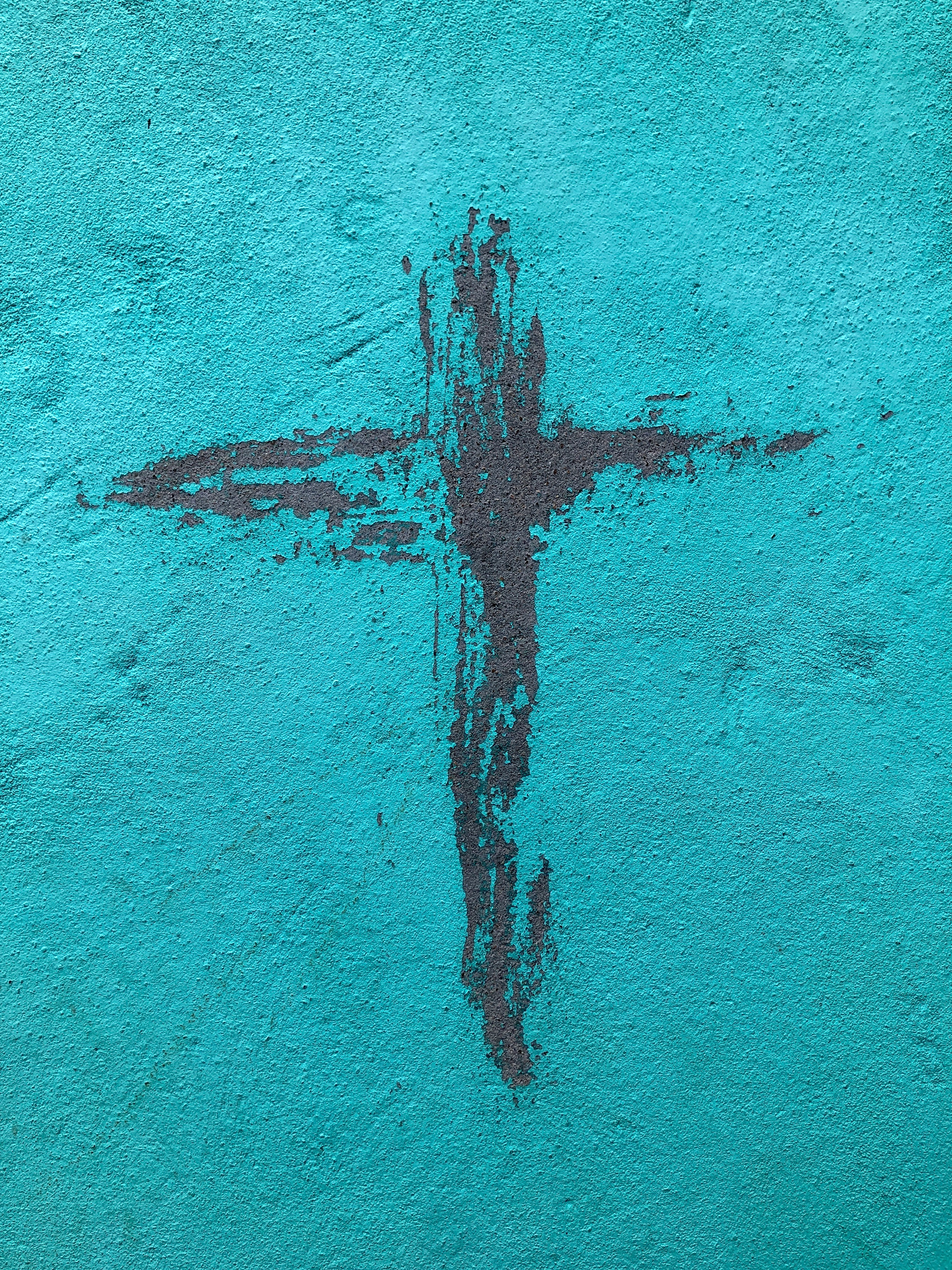
- The Crisis of Culture. Hannah Arendt ↩
- Gospel of Matthew, 28, 18 ↩
- The Crisis of Culture. Hannah Arendt ↩
- Christ who is King of France , Téqui editions , 2009 ↩
- The Crisis of Culture. Hannah Arendt ↩
- The Crisis of Culture. Hannah Arendt ↩
- Philippe Tesson and Laurent Joffrin. Where has the authority gone? NIL editions ↩
- Abbé Barthe in Res Novae ↩
- Vocations. The number of major seminarians worldwide jumped from 63,882 in 1978 to 110,553 in 2000 — far outstripping the growth rate of the world population — and increased more steadily over the next decade to reach a peak of 120,616 in 2011. The number of major seminarians in 2023 is 109,895. It has been in constant decline since 2013. The decline was particularly pronounced in 2019. ↩
- Saint Paul, Epistle to the Romans. 12, 1-5. ↩
- Leitmotif of Father Cantalamessa Raniero (in Famille Chrétienne n°2358, taken up in the heart by those parts of the Church who want to be at the forefront. This cry is of course still relevant today if it were not intended in one way to repudiate dogma and above all not to force anyone to do anything. As if the goal of our days was no longer the conversion of hearts. As if we could choose in the Church the dogma that we liked. ↩
- Abbot Iborra. Sermon for the 17th Sunday after Pentecost . ↩
- Father Jerome. Monastic writings. ↩
- Dom Guéranger. Characteristics of the antiliturgical heresy – 1841. ↩
- quoted by Monsignor Pius. France is sick . ↩
- Razinger's prophecy about the Church. ↩
- Gospel of John, 12, 23 ↩
- Blaise Pascal. Thoughts ↩
- Catholic Church in Martinique. Our grandsons will go on foot . ↩
- Abbot Cyril Gordien. Spiritual Testament . ↩
- Benedict XVI. Meditation on the priesthood before the priests of the diocese of Rome. ↩
- Henry of Anselme. ↩
- The hostage saved by Arnaud Beltrame. ↩
- Saint Jose Maria Escriva. The roots of joy . ↩
Learn more about Emmanuel L. Di Rossetti’s Blog
Subscribe to receive the latest articles by email.
It’s wokism, “defund the police!” , the order is a white supremacist to be destroyed. Alas, “they” get there. Resist!
Hatred of authority frequently carries resentment against a person, an institution, an action, an idea, a work or a value which has for a long time been authoritative in a lasting, extensive, deep way, but which is considered to be it is no longer consistent with its reason for being, or that it no longer gives satisfaction to its recipients, or that it has not adapted and has not evolved in a manner respectful of the sacrosanct evolution of mentalities.
Hatred of authority therefore rarely carries resentment against all authority, even when it seems primarily characteristic of an attitude or mentality, as we see among many modernist or progressive Catholics who do not support which, in Catholicism, has long been authoritative, in the sense of: has long referred, in an official but also effective manner, but which manifest this resentment in a way which is often more or less authoritarian.
Furthermore, from a Tocquevillian-inspired analysis angle, it is clear that frequent dissatisfaction constitutes one of the main character traits of homo democraticus, which means that it is rare for anything authoritative, over time and in depth, in his soul, in his heart, in his mind, in his thought, in his action and in his life, especially since homo democraticus prefers conformist and short-lived worship. termist of change and movement to fidelity to anything which comes from the depths of the ages and which is transmitted by inter-generational tradition.
Finally, why hide it, respect for what has been authoritative for decades, even centuries, within Western European civilization, is often judged culturally, politically, religiously and socially incorrect, from a media and globally correct point of view dear to many of our leaders.
They have the right to resort to stereotypes that carry discrimination, made explicit and used for the benefit of those who are part of the camp of good and to the detriment of those who are not part of it, but others other than them have not not culturally and societally the right to resort to other stereotypes, carrying other discriminations, sometimes much more respectful of the complexity and diversity of individuals, their motivations and their situation.
Thank you for your in-depth comment and I can only find it to my liking. I generalized the hatred of authority, not as you point out because there is a hatred of all forms of authority, but rather because the general hatred towards the past or what was authoritative in the past as you say, has become a leitmotif. It is therefore not a question of general authority but of all forms of authority which is understood in my generalization. Finally, you point out the democratic fact which promotes and generates envy within societies without ever, in its modern form, having anyone have the courage to administer safeguards. The reference to Toqueville is entirely welcome on this subject.
Your reflections refer to Wokism which destroys all the norms of society, very active in academic and cultural circles and among young people who attack the Mona Lisa to awaken populations to hunger in the world.
Fanatical ideology. The police are the symbol of authority seen as evil against the people.
Chicago, New York, there are no more white police officers - white supremacists - and no more security. We must hope for a return to “common sense”, our farmers are an example.
The supporters of cultural leftism, which is, in particular, eco-leftist, homosexualist, immigrationist, are the continuators or heirs, more or less unconscious or indirect, of all those who have never forgiven reality for having defeated communism then socialism, in the second half of the 20th century, and they have scores to settle and revenge to take, or rather revenge to exercise, against European or Western anthropology and civilization and against complexity or diversity and the rigidity or solidity of reality.
Many imagine that fidelity to traditional references is synonymous with servility, which is sometimes the case, and that the refusal or rejection of references which have been authoritative for decades or even centuries has an emancipatory or liberating character, which , here too, is sometimes the case, while this refusal or rejection often has a liberating or manipulative character, as we saw in the 18th century, within part of the French Enlightenment, the French component of the philosophy of Enlightenment is certainly not the most profoundly philosophical component within the philosophy of the Enlightenment.